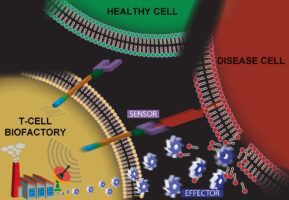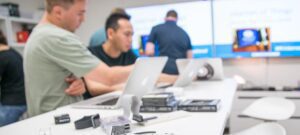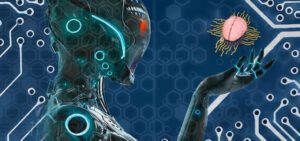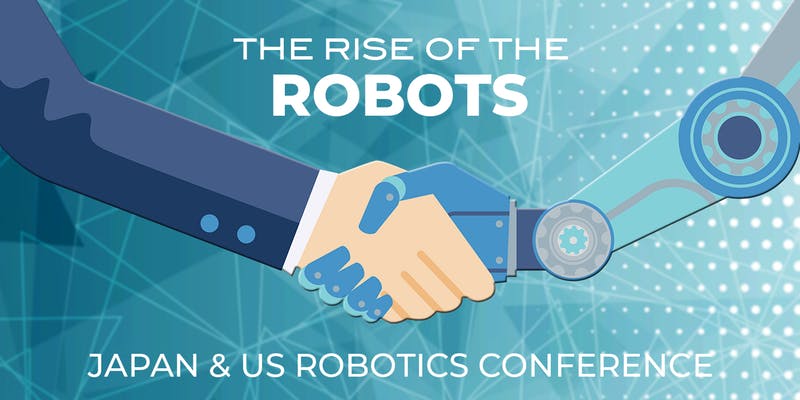Press
-

Build Supportive Learning Environments with Proven Practices from SRI’s Student Behavior Research Division
Did you know? More than one of every five students have, or are at risk for, an emotional or behavioral disorder, such as depression or ADHD. Additionally, research suggests many students may also face certain stressors, trauma or other problems in their daily lives, which can adversely affect a student’s learning, ability to focus on…
-

Spaceflight Industries’ SSO-A Flight Launches with SRI International’s CUBIT Technology Onboard, Developed to Track and Identify Low Earth Orbit Satellites
Over the last few years, CubeSats (miniaturized satellites) have risen in popularity due to their low cost and ability to obtain low-altitude orbits easily.
-

Engineering a Living Drug Factory
As the immune system’s equivalent of guided missiles, T-cells offer a seemingly ideal approach to disease management. They actively locate diseased cells and, after arriving at their target, exert a therapeutic effect proportionate to the disease burden. Unfortunately, many diseases such as cancer, autoimmune disorders and viral infections have immunological roots, and have become proficient…
-

The Future of Augmentation
The “Mother of All Demos” on December 9, 1968 was a truly seminal event. Doug Engelbart and his SRI team introduced to the world forms of human-computer interaction that are now ubiquitous: a screen divided into windows, typing integrated with a pointing device, hypertext, shared-screen teleconferencing. While these innovations have had enormous impact, they are…
-

From Toys to Trust – The Internet of Critical Things
When you hear someone talk about the Internet of Things (IoT), you may be thinking about toys and smart lightbulbs. The concept of IoT includes many more application areas, including manufacturing, energy, finance, health care, transportation and other things that we depend on for our everyday lives and wellbeing. People need to be able to…
-

Early Findings of Research on Apple and ConnectED Initiative to Improve Learning Through Technology in Low-Income Schools
Many in the education community celebrate the potential of technology to help prepare students for the future. But realizing that potential depends on how educational technology tools are used, an area in which gaps persist on average between high-poverty schools and their better-resourced peers. An important goal is to introduce new technologies in ways that…
-

Launching Drishti: Continuing SRI’s human-centric legacy with AI in the factory
By Prasad Akella, Founder and CEO, Drishti The next time you come to a meeting at SRI International’s headquarters, arrive early. Linger in front of the glass-enclosed exhibit that lines the lobby’s left wall. It contains descriptions and artifacts from SRI’s storied history, arranged thematically from the 40’s to today. You’ll learn about everything from radar…
-

Finding Competitive Advantage in a Technology Equal World
SRI is proud to welcome all the attendees of the annual Army Training and Doctrine Command (TRADOC) Mad Scientist Conference to SRI headquarters in the heart of Silicon Valley. The theme of this year’s conference, “Bio Convergence and the Soldier 2050,” will address emerging and future scientific advances and technology developments to improve capabilities and…
-

Can Innovative School Models Improve Outcomes for Youth Who Are Currently Off Track to Graduate?
Despite rising high school graduation rates, 4.9 million young adults between the ages of 16 and 24—or 12.3 percent of U.S. youth—were neither working nor in school in 2015. There is a clear and pressing need to support students before they drop out of high school, and to reengage those who are no longer enrolled.…


